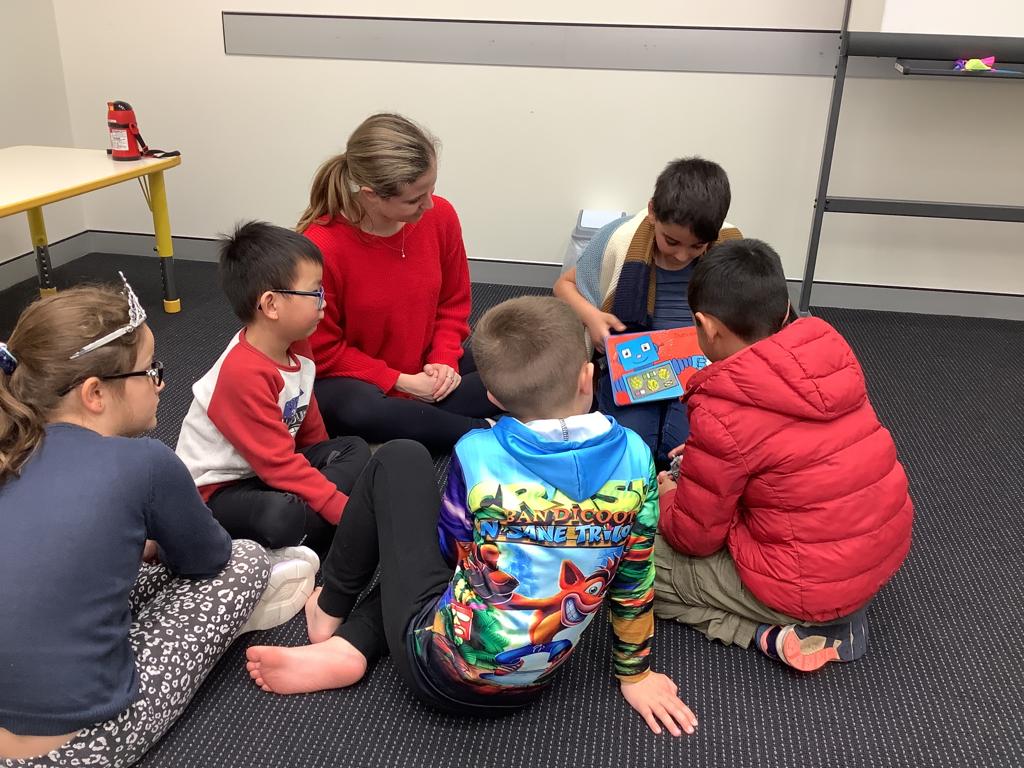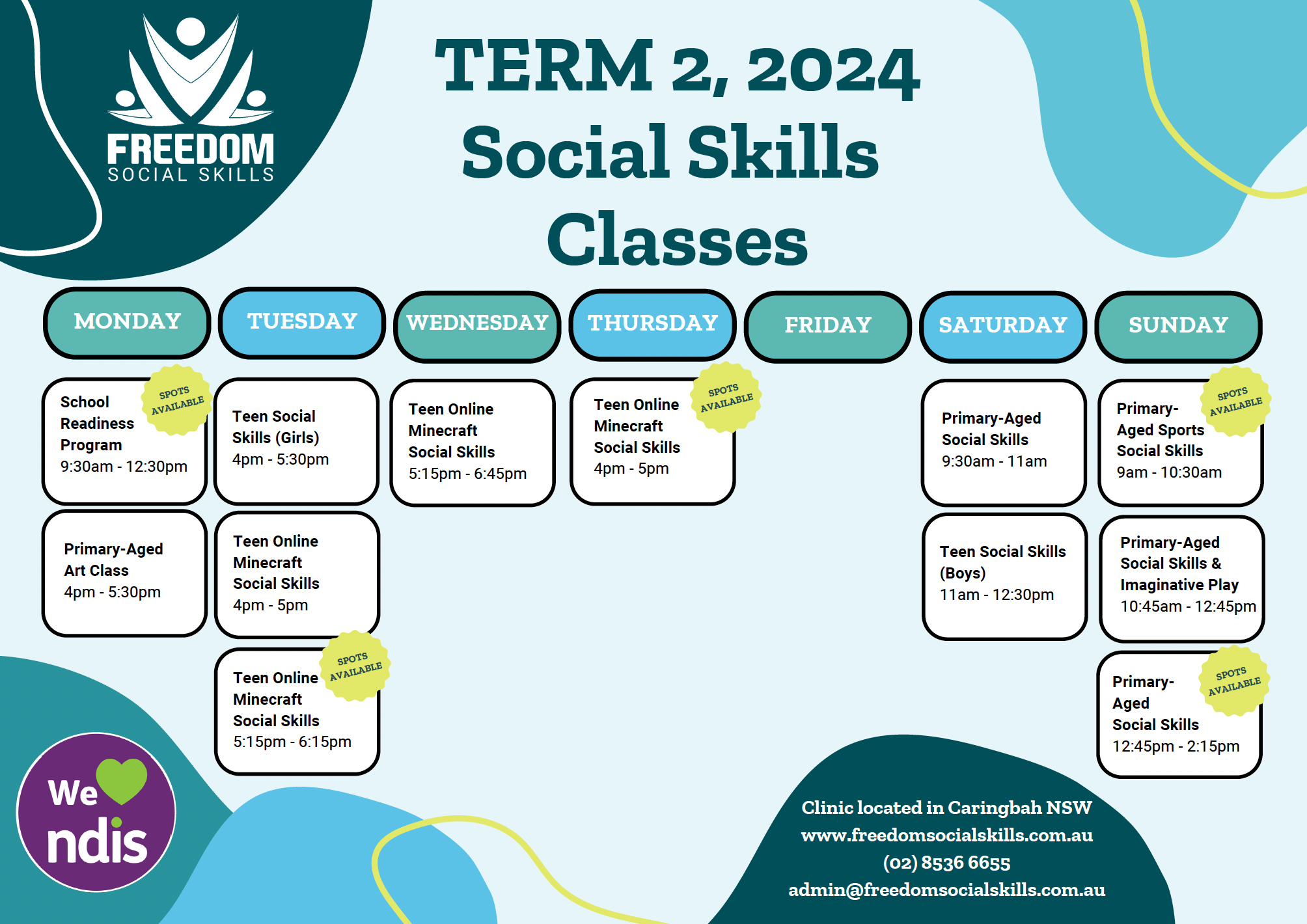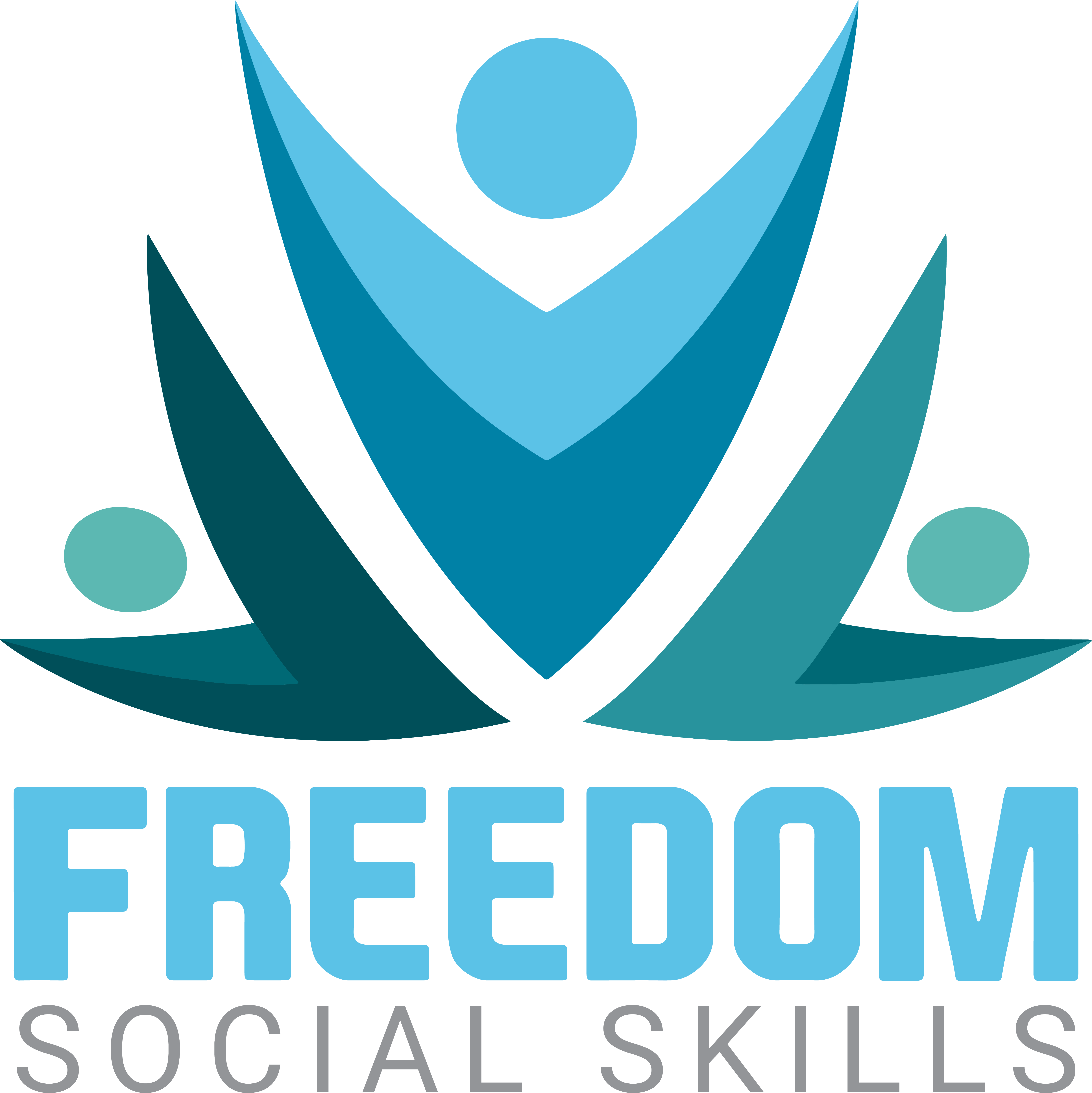Social Skills for Children
With classes tailored for primary or highschool students our social skills activities focus on developing the skills needed to form and maintain positive relationships and long-lasting friendships. Through a variety of fun and engaging activities the students learn new social skills.
Our social skills programs help children with Autism Spectrum Disorder and other developmental disabilities, learn to read social cues, communicate effectively with peers and adults, initiate conversations, empathise with others and develop social problem solving strategies. By using evidence-based practices based on Applied Behaviour Analysis in our social skills classes, we ensure that the students get the most out of their experience while having fun. The development of these essential social skills is key for children’s emotional wellbeing, academic success and building positive relationships that will last beyond childhood into adulthood.


At Freedom Social Skills, we strive to be inclusive of all children regardless of age or social background. Our social skills classes are designed to be accessible to all children, so that they can develop social and communication skills in a safe and supportive environment. We also provide individualised social skills interventions tailored specifically to the needs of a child or adolescent.
We believe in cultivating social competence in every student who participates in our programs. Our social skills classes help open up windows of opportunity for children, allowing them to become confident communicators and form lasting relationships with their peers and adults alike. Contact us today and see how we can help your child build positive social connections.
Social Skills Benefits
Building social skills is an important part of child development. Our classes are designed to assist with:
- Social-emotional skills (i.e. regulating your emotions and perspective taking)
- Play skills (i.e. turn taking and following directions)
- Language and communication (i.e. answering and asking questions)
- Group and classroom skills (i.e.following a routine and listening to group instructions)
- Team-work skills (i.e. accepting other ideas, negotiating and being cooperative)

All classes at Freedom Social Skills are run by trained Behaviour Therapists and overseen by a qualified Behaviour Specialist. Our 1:1 programs are highly structured and tailored to meet the individual needs of the client. Suitable for both primary and high school aged students. Children are allocated to classes according to our student’s current skill level, individual goals, and age group

